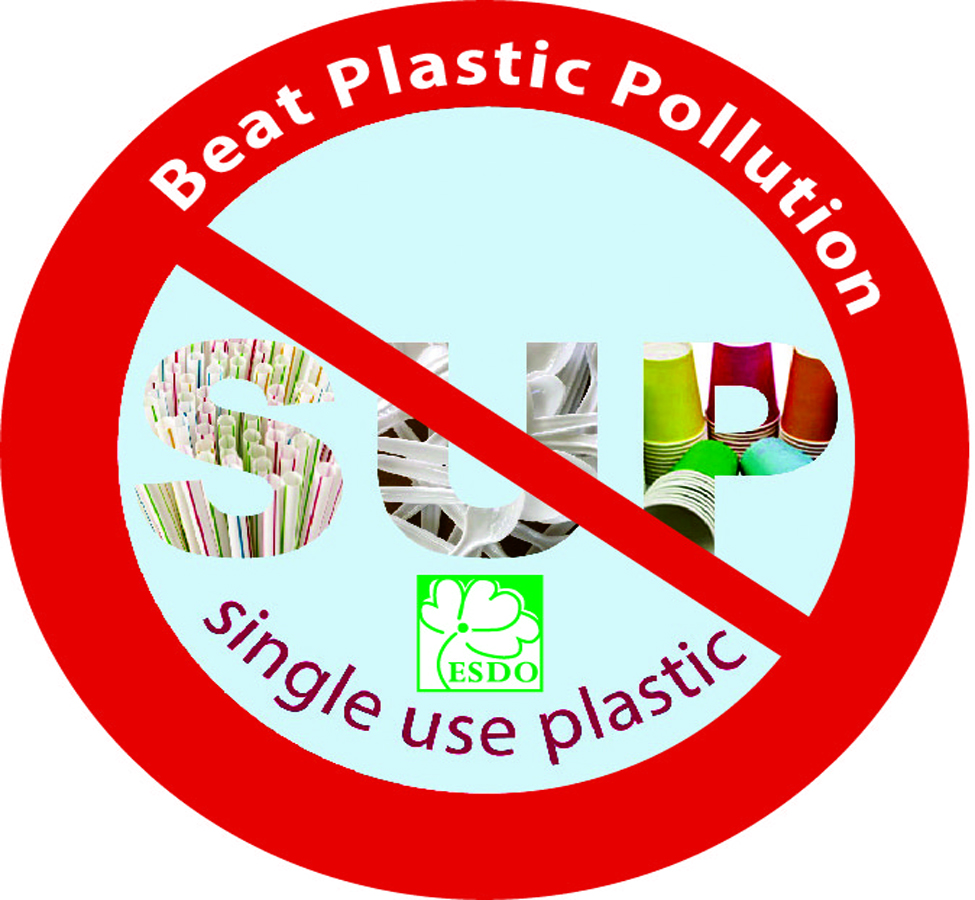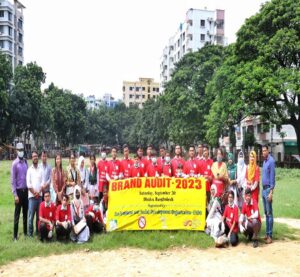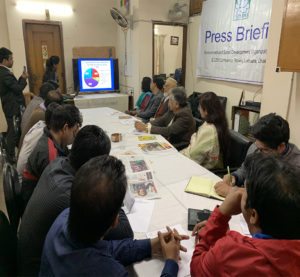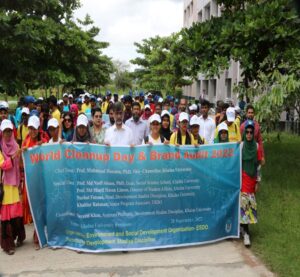The thirteenth meeting of the Open-ended Working Group took place from Tuesday, 21 February to Thursday, 23 February 2023, with pre-meetings, including Bureau and regional meetings, held on Monday, 20 February. Given the 3-day duration of the meeting, the Working Group turned its attention to items in its work program deemed to be of high or medium priority.
On behalf of ESDO, Dr. Shahriar Hossain, Secretary General Participated in the meeting and submitted a statement support the process of draft technical guidelines on the environmentally sound management of plastic wastes.
While developed countries have stricter rules and regulations for managing plastic waste, developing countries have developed legal frameworks to control the transboundary movement of plastic waste. The Import Policy 2015-2018 in developing countries prohibits the importation of any kind of waste, and the country is also a signatory to the Basel Convention, which restricts the export of waste, including hazardous and plastic waste.
However, illegal trading of plastic waste still occurs, mainly to avoid the external costs of managing plastic waste in developed countries and to gain economic benefits for importers in developing countries. Plastic waste management is combined with solid waste management because waste segregation is not practiced at the initial stage, and not all waste is collected. Two systems exist the formal system, in which municipalities or city corporations are responsible for solid waste management, and the informal system, which involves a large labor force in the solid waste recycling trade chain. In the recycling sector, there are formal and informal groups, with the informal sector predominantly managed by the poor and less privileged people, staying out of state control but maintaining active links with the formal sector.




